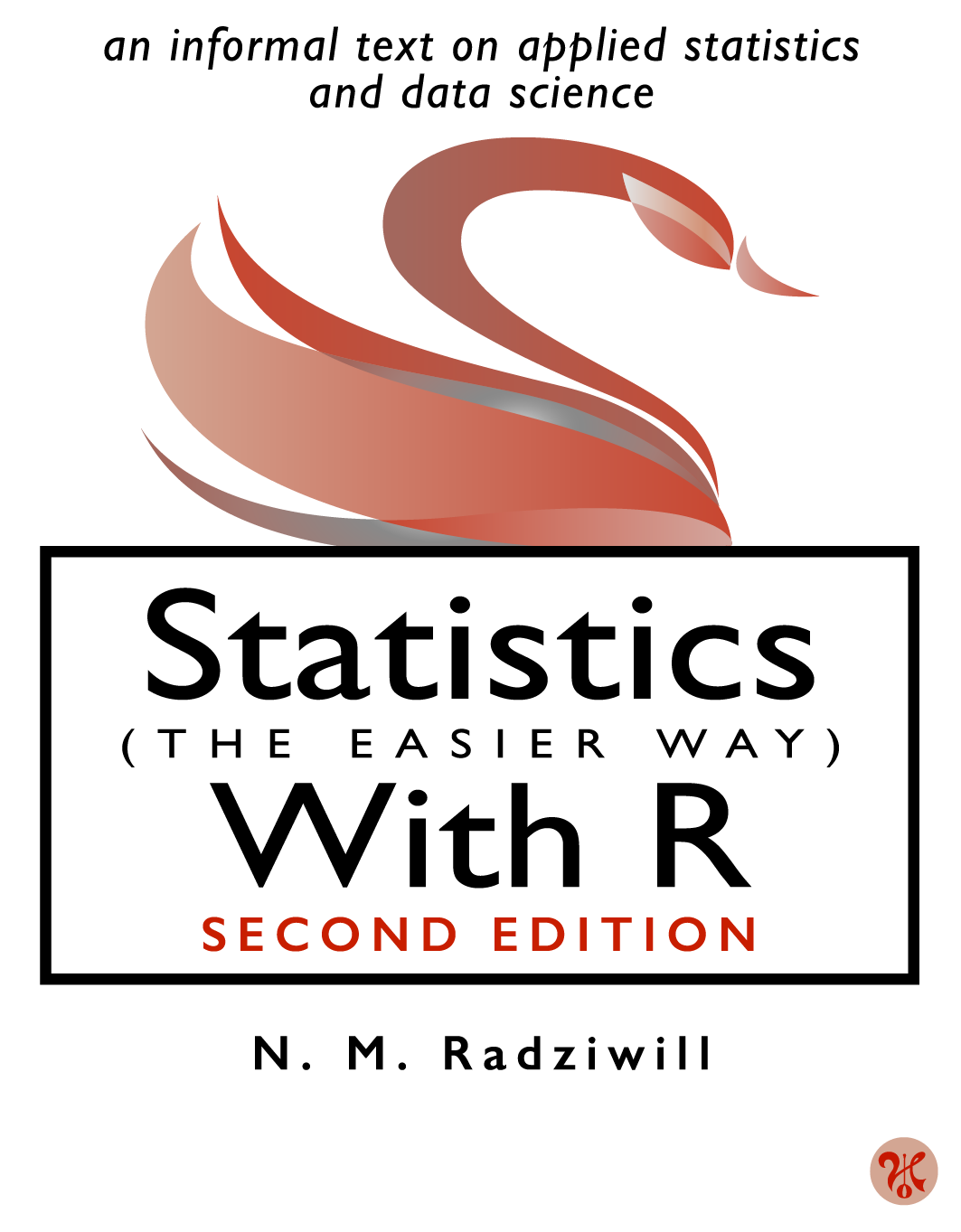(Image credit: Doug Buckley of http://hyperactive.to)
I changed the structure of my simulation and modeling class this semester to better exemplify the principle of Immediacy – contributing your gifts here and now. To do this, I increased the amount of time I was willing to spend in the “classroom” by making 4 to 6 more hours available of “open lab” – where I am available to interact with students, one on one, and help them through the process of discovery that we would ideally like to be linked to assignments and lab exercises. Less homework, more face time.
I know that the status quo says “cover the key topics in class, assign readings, assign homework – and let the students reinforce their learning 18-24 hours later.” But I know how this works, because I remember being in college classes almost 20 years ago. College students, like all of us, have tons of competing priorities – and the homework will typically get done just in time, and only if it’s graded. This kind of defeats the purpose of learning by reinforcement. Also, this just in time get-the-homework-done philosophy doesn’t really encourage communal effort, another one of the 10 Principles. I’m noticing that most of the students are taking advantage of the extra “class time” I’m offering them to get the homework done, and to actually learn the concepts and skills the homework is attempting to reinforce. Only they’re doing it together, and they’re doing it with me, and as a result we’re all having just a little more fun. It seems to be working out.
However, this focus on immediacy has also led me to reflect on the principle of immediacy itself. I think immediacy is, quite paradoxically, the one Janus-faced principle in the bunch.
I was turned on to the whole Janus concept by my friend Daniel Aldrich’s 2012 book, “Building Resilience.” He reminds us that Janus was the Roman god of beginning and transitions, of portals and endings in time. Janus stood at the interface of the past and the future, and as a result, exemplified the notion of immediacy – but with an awareness of what led to this moment, and with an awareness of what this moment could lead towards. Janus was simultaneously looking forward and looking back, at the same time that he represented the point of power that is now.
In Aldrich’s book, studying community resilience after natural disasters, he noted that social capital could simultaneously benefit an in-group while marginalizing outsiders. The in-group would thrive by receiving preferential benefits, while the out-group was at a disadvantage in terms of how resources were socially distributed.
In classrooms, I think we have to honor the lessons of Janus as we cultivate immediacy. The gifts that you are able to contribute to those in your learning community will necessarily be the product of the time you’ve invested in expanding your knowledge of the material – and this might very well happen outside of class. There will emerge an in-group (those who decide to spend the extra time with the community) and an out-group (those who choose not to; because they have not developed their connections or their social capital, they are less well positioned to benefit from the knowledge of the group, which will likely flow along channels created by the social capital of presence).
This also led me to reflect on the notion of immediacy as a priority of experience. Strict adherence to the principle might encourage you to leverage all nascent experiences, regardless of the consequences (positive or negative). However, is this really the choice that benefits the community as a whole? There are certainly opportunities to embrace immediacy (“let’s get this assignment done NOW”) which will benefit those who are immediately involved, but might put other group members (who are not there) at a disadvantage. If a group member is not available, but others wish to complete an assignment, which principle wins: immediacy or communal effort?
Do we embrace immediacy ONLY when our immediate actions benefit the community? Or should we embrace it specifically when it benefits US individually? Or should we seek a balance?
I’d like to think that personally, I embrace “tempered immediacy” – like Janus, I look to the past, and project into the future, and seek to extract the most out of immediate experience that will ultimately benefit the community as a whole. I know that sometimes my personal carpe diem will ostracize others, or hurt feelings in the future. How can I temper my experience and expression of immediacy?
LEARN FROM THE PAST. Look forward to potential consequences in the community.
Should you temper your immediacy?








